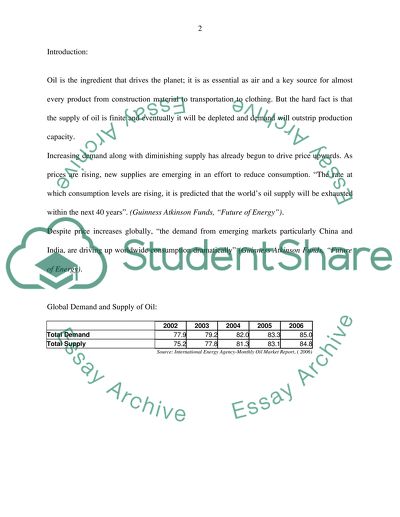Cite this document
(“Oil price Essay Example | Topics and Well Written Essays - 1250 words”, n.d.)
Retrieved from https://studentshare.org/miscellaneous/1510770-oil-price
Retrieved from https://studentshare.org/miscellaneous/1510770-oil-price
(Oil Price Essay Example | Topics and Well Written Essays - 1250 Words)
https://studentshare.org/miscellaneous/1510770-oil-price.
https://studentshare.org/miscellaneous/1510770-oil-price.
“Oil Price Essay Example | Topics and Well Written Essays - 1250 Words”, n.d. https://studentshare.org/miscellaneous/1510770-oil-price.


